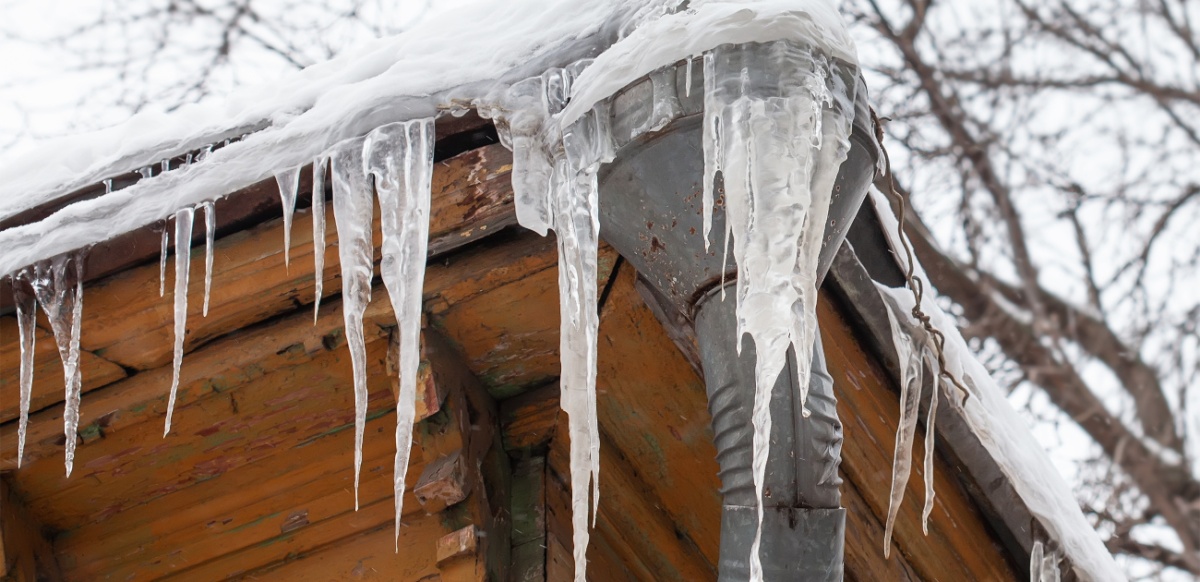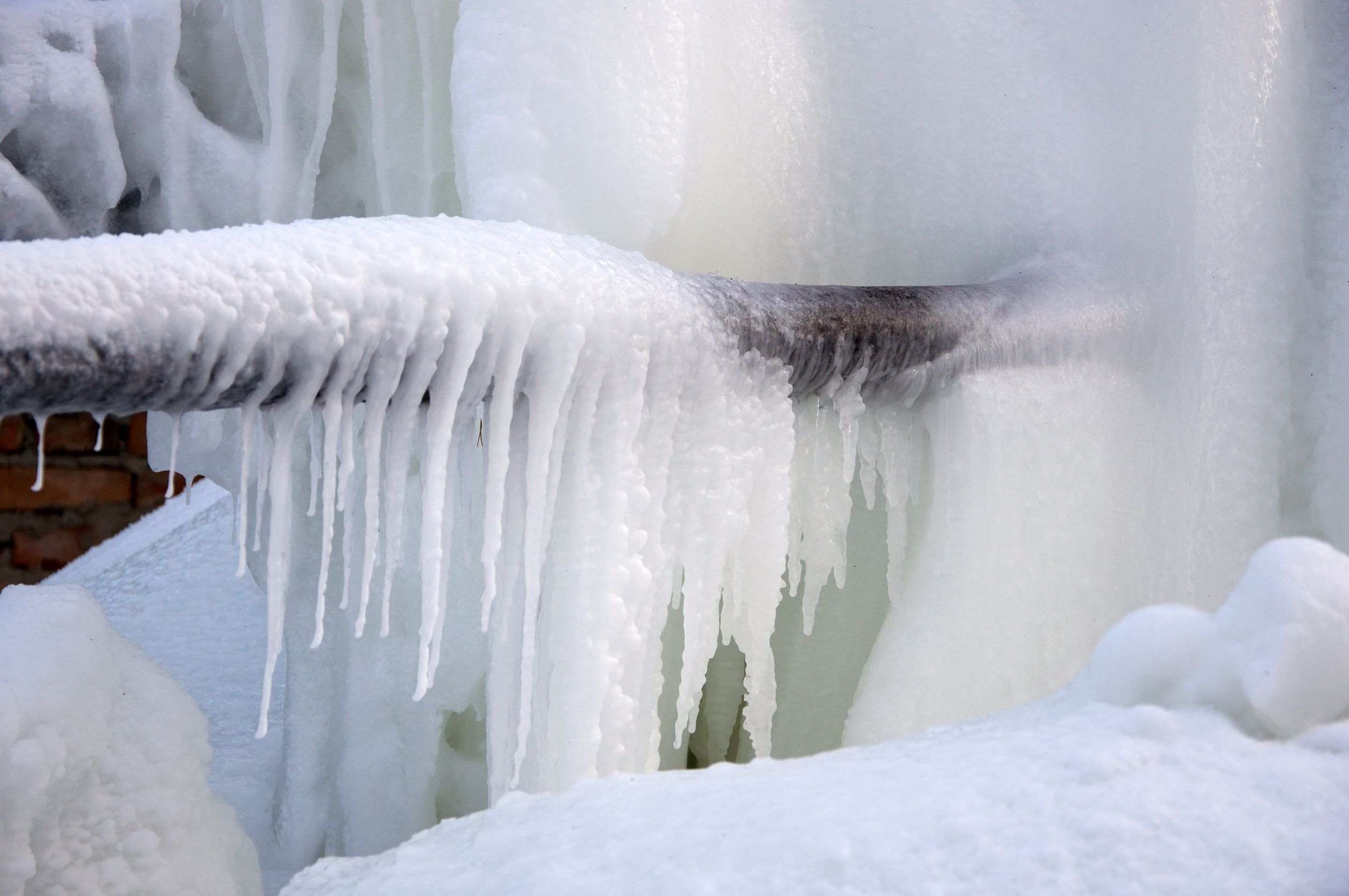Important Tips to Avoid Frozen Pipes in Winter: Specialist Guidance
Important Tips to Avoid Frozen Pipes in Winter: Specialist Guidance
Blog Article
Were you trying to locate ideas involving 6 Ways to Prevent Frozen Pipes?

Winter can ruin your pipes, especially by freezing pipelines. Here's exactly how to avoid it from happening and what to do if it does.
Intro
As temperatures decrease, the threat of icy pipes rises, potentially resulting in pricey repair services and water damage. Understanding exactly how to prevent icy pipelines is vital for house owners in cool climates.
Prevention Tips
Protecting at risk pipes
Wrap pipes in insulation sleeves or use warmth tape to shield them from freezing temperature levels. Focus on pipes in unheated or outside locations of the home.
Home heating techniques
Maintain indoor spaces effectively heated up, especially locations with pipes. Open up closet doors to allow warm air to distribute around pipes under sinks.
Just how to recognize icy pipes
Seek reduced water flow from faucets, uncommon smells or noises from pipelines, and noticeable frost on subjected pipelines.
Long-Term Solutions
Structural changes
Consider rerouting pipelines away from exterior wall surfaces or unheated areas. Include extra insulation to attic rooms, basements, and crawl spaces.
Updating insulation
Purchase premium insulation for pipelines, attics, and wall surfaces. Appropriate insulation aids maintain consistent temperatures and minimizes the risk of frozen pipelines.
Safeguarding Outdoor Pipes
Garden pipes and outdoor faucets
Detach and drain yard hose pipes prior to winter season. Mount frost-proof faucets or cover outdoor taps with insulated caps.
Recognizing Icy Pipes
What creates pipelines to freeze?
Pipelines ice up when exposed to temperatures listed below 32 ° F (0 ° C) for expanded durations. As water inside the pipes ices up, it expands, putting pressure on the pipe walls and potentially creating them to break.
Threats and problems
Icy pipelines can bring about water supply disruptions, building damages, and costly repair work. Burst pipes can flooding homes and cause comprehensive architectural damage.
Indications of Frozen Pipeline
Determining frozen pipes early can prevent them from bursting.
What to Do If Your Pipelines Freeze
Immediate actions to take
If you think icy pipes, maintain faucets open to relieve pressure as the ice melts. Make use of a hairdryer or towels soaked in hot water to thaw pipelines slowly.
Verdict
Stopping icy pipes needs proactive procedures and fast responses. By understanding the causes, signs, and preventive measures, property owners can secure their pipes throughout winter.
Helpful Tips to Prevent Frozen Pipes this Winter
UNDERSTANDING THE BASICS: WHY PIPES FREEZE AND WHY IT’S A PROBLEM
Water freezing inside pipes is common during the winter months, but understanding why pipes freeze, and the potential problems it can cause is crucial in preventing such incidents. This section will delve into the basics of why pipes freeze and the associated problems that may arise.
THE SCIENCE BEHIND FROZEN PIPES
When water reaches freezing temperatures, it undergoes a physical transformation and solidifies into ice. This expansion of water as it freezes is the primary reason pipes can burst. As the water inside the pipe freezes, it expands, creating immense pressure on the walls. If the pressure becomes too great, the pipe can crack or rupture, leading to leaks and water damage.
FACTORS THAT CONTRIBUTE TO PIPE FREEZING
Low Temperatures: Extremely cold weather, especially below freezing, increases the risk of pipes freezing. Uninsulated or Poorly Insulated Pipes: Pipes located in unheated areas, such as basements, crawl spaces, or attics, are more prone to freezing. Insufficient insulation or lack of insulation altogether exacerbates the problem. Exterior Wall Exposure: Pipes running along exterior walls are susceptible to freezing as they encounter colder temperatures outside. Lack of Heating or Temperature Regulation: Inadequate heating or inconsistent temperature control in your home can contribute to frozen pipes. PROBLEMS CAUSED BY FROZEN PIPES
- Pipe Bursting: As mentioned earlier, the expansion of water as it freezes can cause pipes to burst, resulting in significant water damage.
- Water Damage: When pipes burst, it can lead to flooding and water damage to your property, including walls, ceilings, flooring, and personal belongings.
- Structural Damage: Prolonged exposure to water from burst pipes can compromise the structural integrity of your home, leading to costly repairs.
- Mold and Mildew Growth: Excess moisture from water damage can create a favorable environment for mold and mildew growth, posing health risks to occupants.
- Disrupted Water Supply: Frozen pipes can also result in a complete or partial loss of water supply until the issue is resolved.
WHY CERTAIN PIPES ARE MORE PRONE TO FREEZING
- Location: Pipes located in unheated or poorly insulated areas, such as basements, crawl spaces, attics, or exterior walls, are at higher risk of freezing.
- Exterior Pipes: Outdoor pipes, such as those used for irrigation or exposed plumbing, are particularly vulnerable to freezing as they are directly exposed to the elements.
- Supply Lines: Pipes that carry water from the main water supply into your home, including the main water line, are critical to protect as freezing in these lines can affect your entire plumbing system.
- Underground Pipes: Pipes buried underground, such as those connected to sprinkler systems or outdoor faucets, can be susceptible to freezing if not properly insulated.
https://busybusy.com/blog/helpful-tips-to-prevent-frozen-pipes-this-winter/

I'm just very involved in Helpful Tips to Prevent Frozen Pipes this Winter and I hope you enjoyed our article. Those who enjoyed our article kindly remember to share it. Bless you for your time. Please come visit our site back soon.
Schedule A Free Estimate Report this page